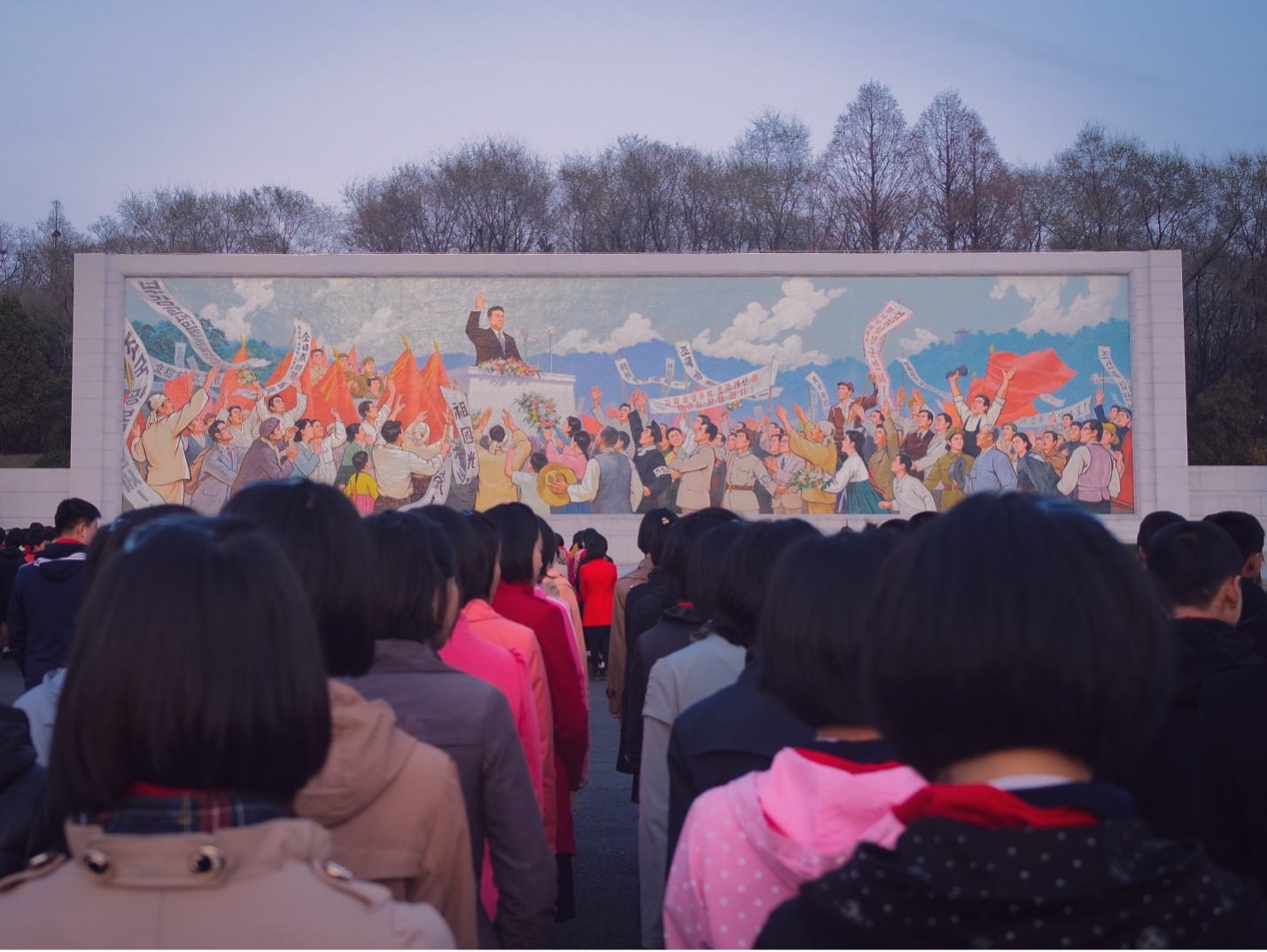Russian offensive resistance operations include the recruiting, training, and equipping of irregular forces abroad for the pursuit of national objectives. For example, in the Ukrainian province of Zakarpatia, a right-wing Polish nationalist threw a Molotov cocktail into the window of the Hungarian Cultural Centre in Uzhhorod in 2018. In another example, Alexander Zakharchenko, a Ukrainian of Russian heritage in Donetsk, was so outraged by the 2014 Euromaidan protests in Kyiv that he went out to his garden, unearthed weapons that he had buried there, and joined the effort to found the Donetsk People’s Republic, a puppet regime controlled by Moscow.

